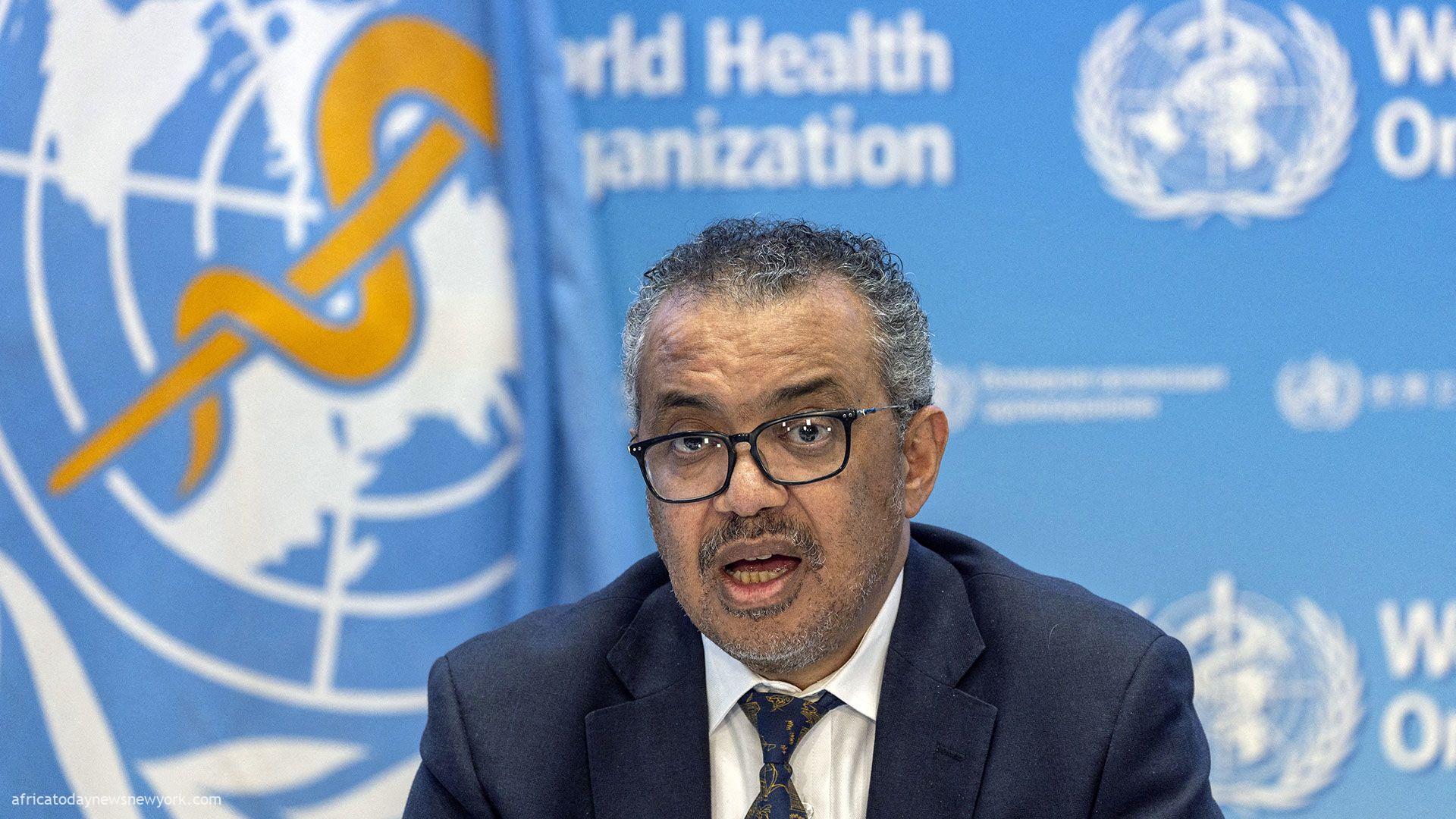Dr Tedros Ghebreyesus who is the Director General of the World Health Organisation (WHO) has declared that COVID-19 is no longer a public health emergency of international concern (PHEIC).
He made the declaration on Friday after a review of current evidence that shows there is high population-level immunity from the SARS-CoV-2 infection, improved knowledge of the virus and management of confirmed COVID-19 cases, a decline in the global burden of the virus, and also a steady increase in vaccine uptake across countries.
Following the declaration, the Nigeria Center for Disease Control and Prevention (NCDC) issued a statement on Sunday disclosing that Nigeria had already de-escalated its COVID-19 response since 2022 in response to local epidemiology, focused on encouraging COVID-19 vaccination and recommended discretionary use of face masks and other public health safety measures according to personal risk assessments.
Read Also: Covid-19 Deaths Dropped By 95 Percent This Year — WHO
The NCDC says it will introduce wastewater/environmental surveillance to track not just SARS-CoV-2 but antimicrobial resistance, Mpox, and typhoid (salmonella).
“As part of its integrated disease surveillance strategy, the NCDC continues to encourage routine COVID-19 testing along with other infectious diseases as may be indicated in healthcare settings as part of clinical care, for pandemic flu preparedness, as part of bi-directional testing during investigations for HIV/AIDS, Tuberculosis and Malaria, and in high-risk populations” the statement reads.
Recall that weeks ago, the world health body had asserted that Covid-19 deaths had dropped by 95 percent since the year began — but warned the virus was still on the move.
The WHO pointed out that Covid-19 was here to stay and countries would have to learn how to manage its ongoing non-emergency effects, including post-Covid-19 conditions, or Long Covid.
They have an increase in growth advantage and are also showing immune escape, meaning people can be reinfected despite having been vaccinated or previously infected.

